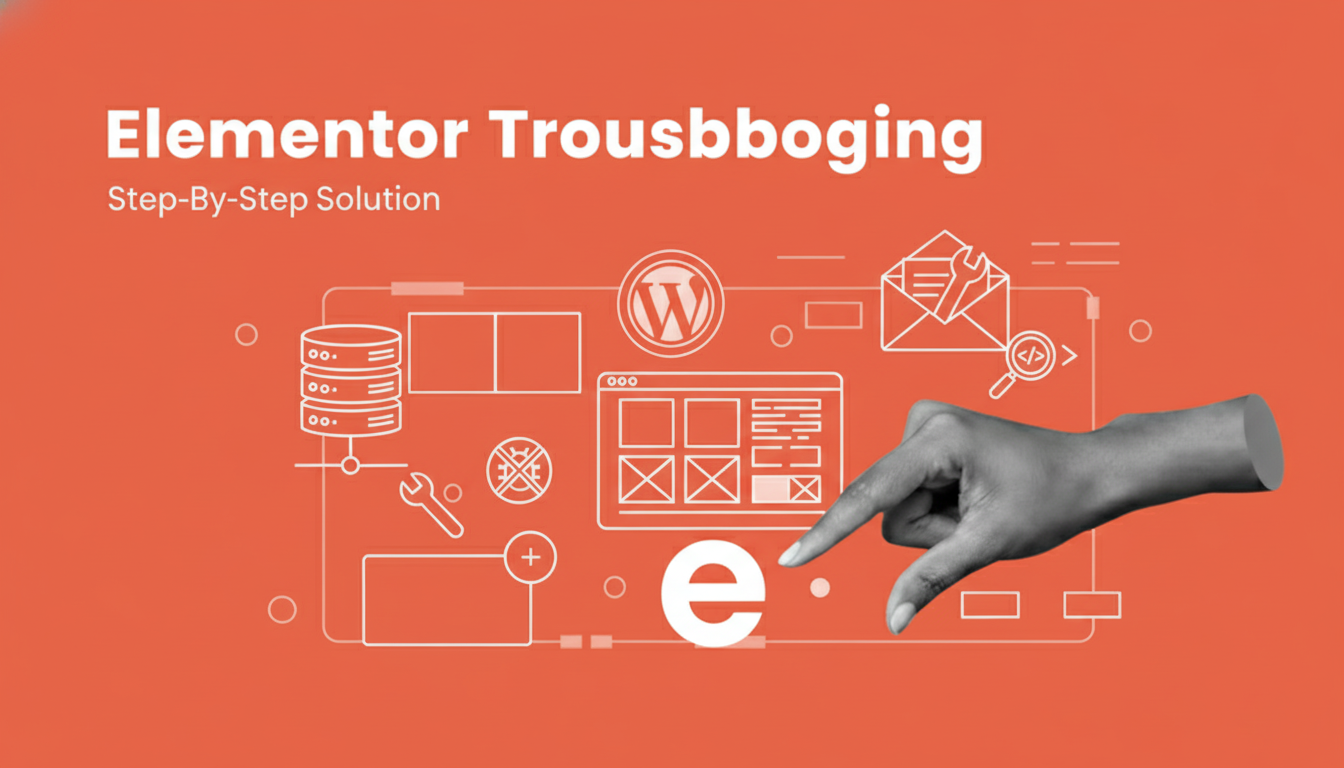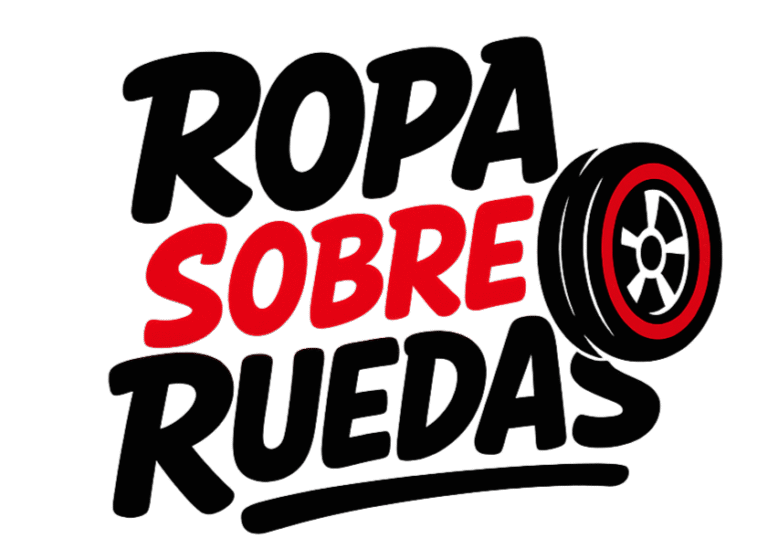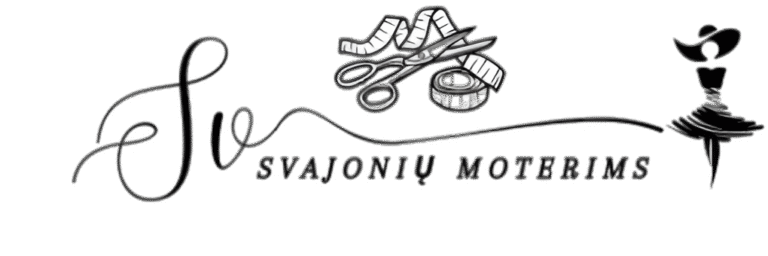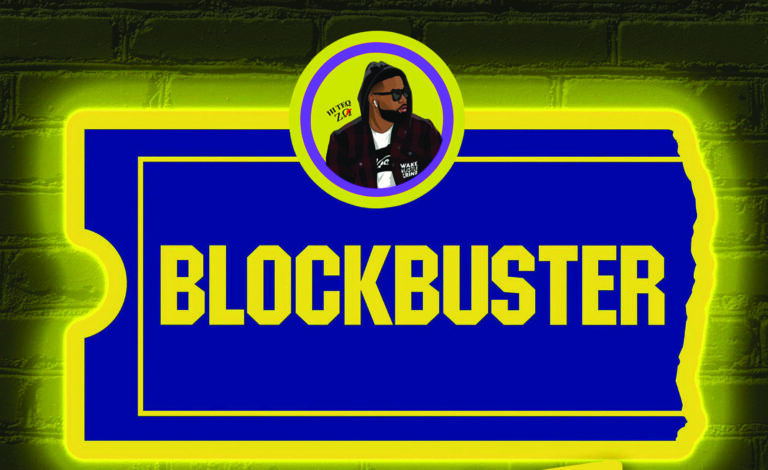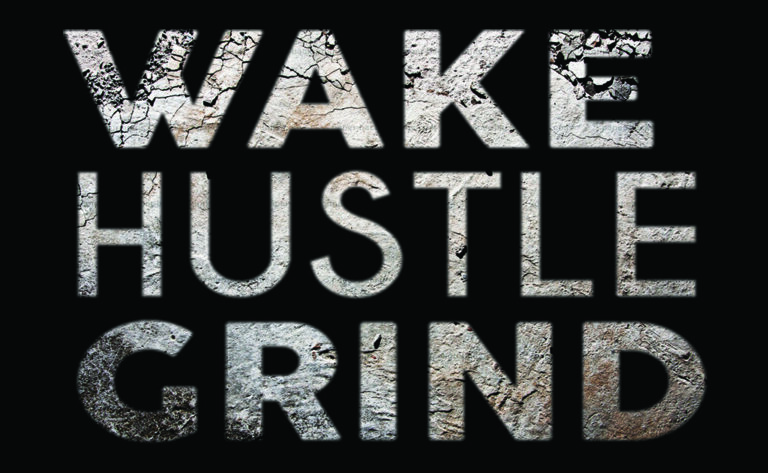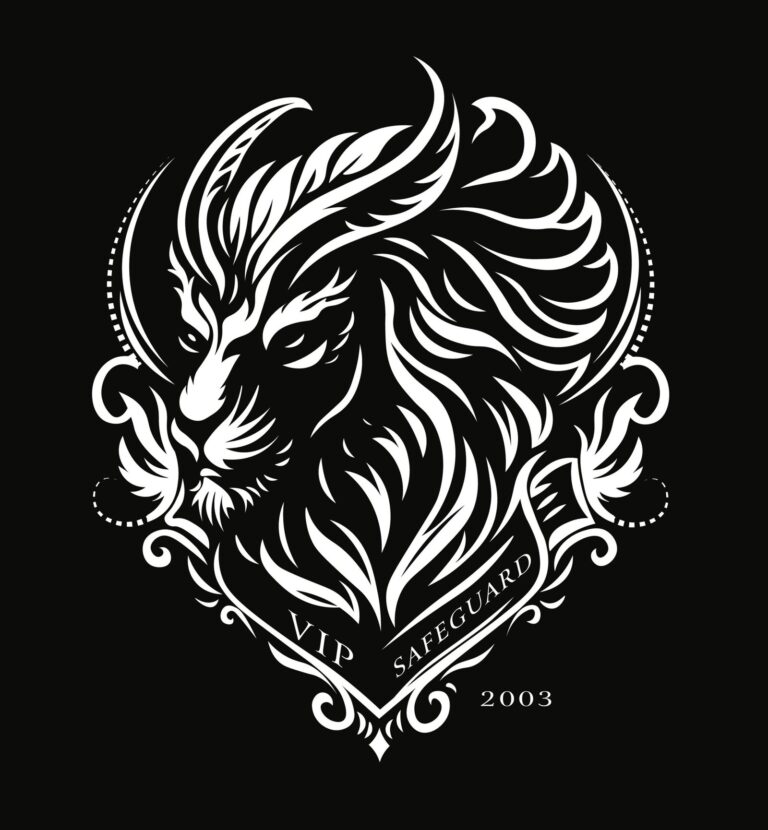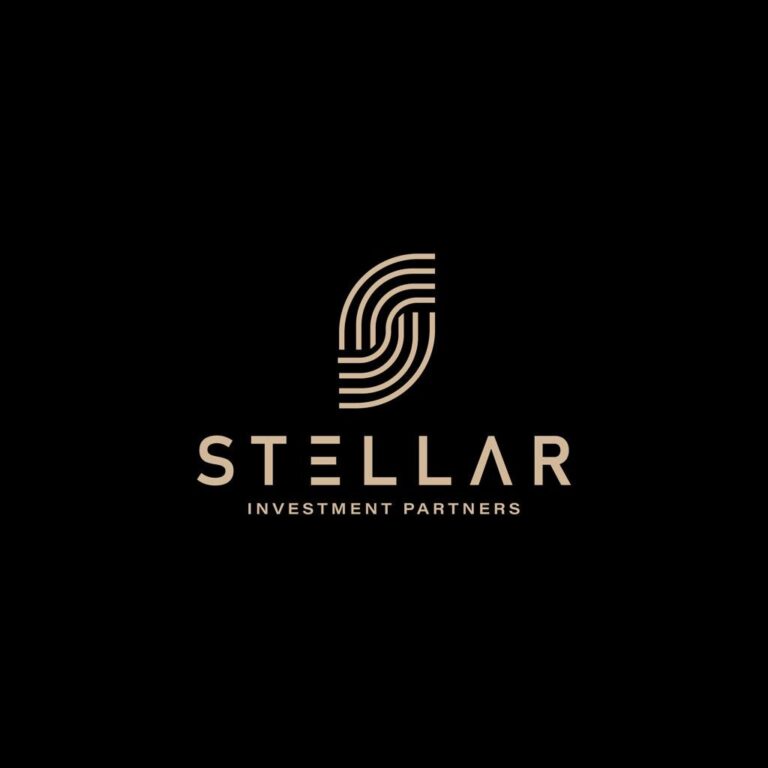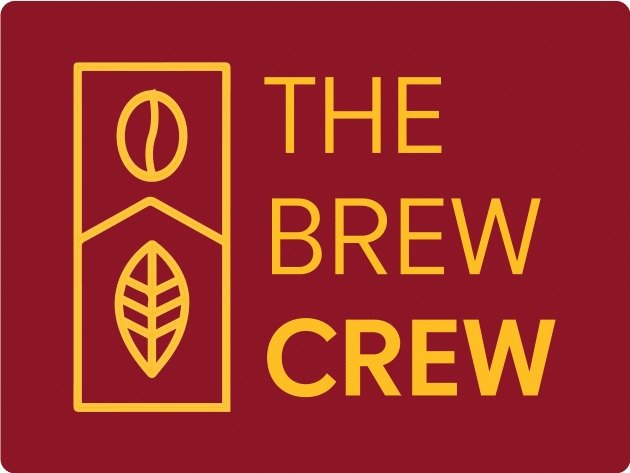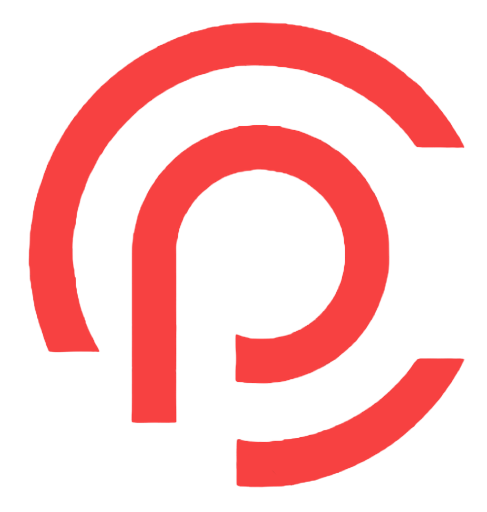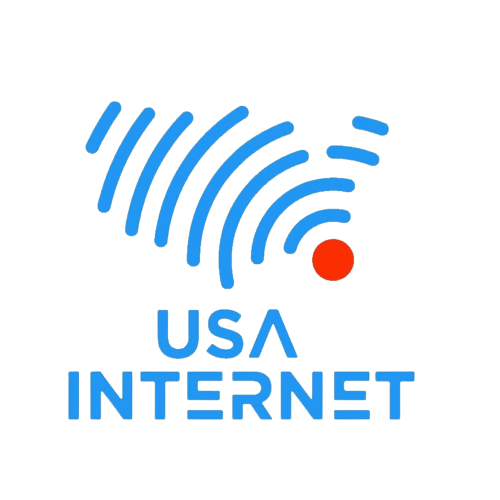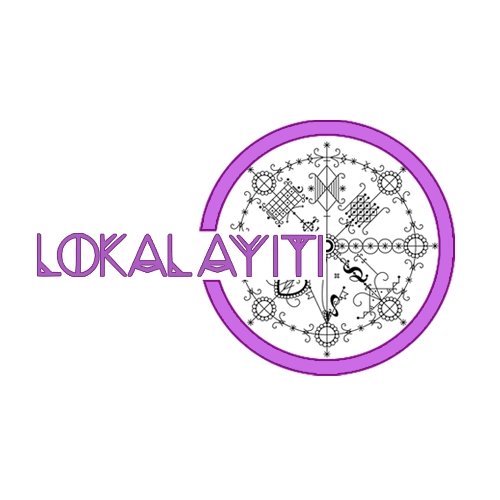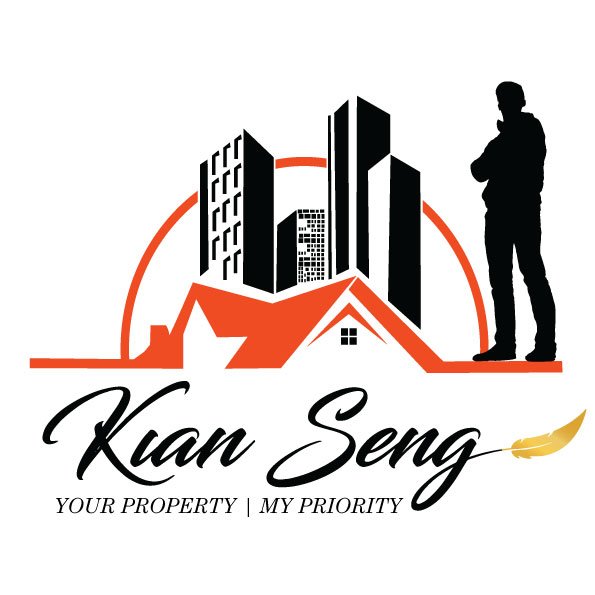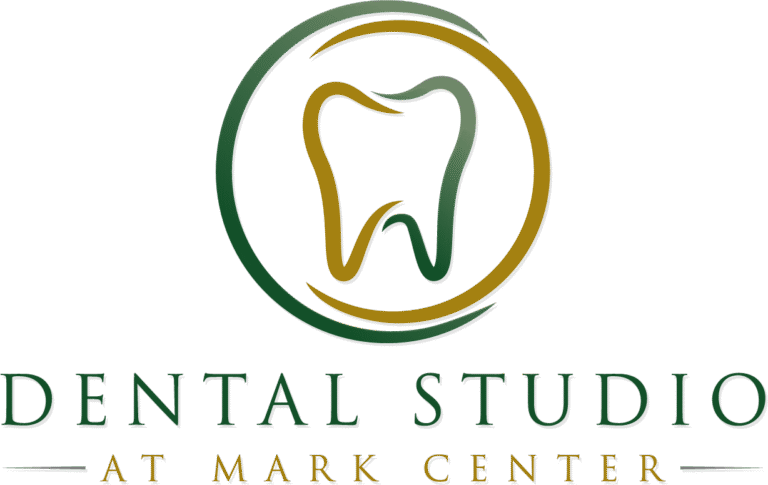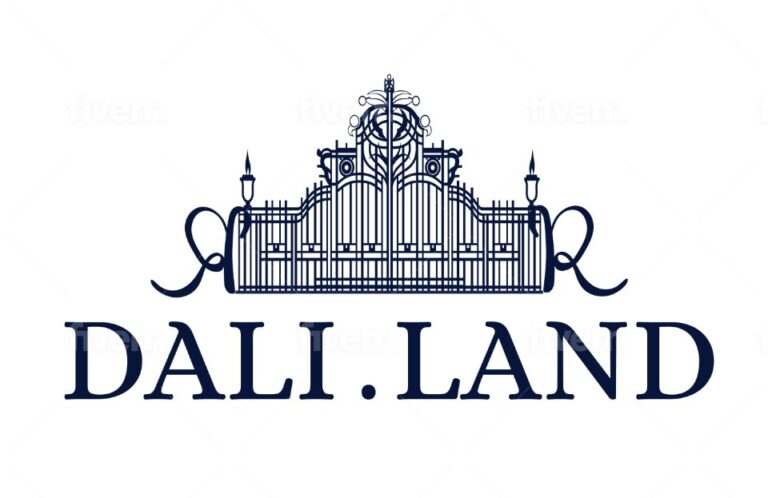“`html
How to Fix Elementor Editor Panel Not Loading
There’s nothing more frustrating than logging into your WordPress site, eager to tweak a page, only to find the Elementor editor panel not loading. Instead of your familiar design interface, you’re greeted with a spinning wheel, an empty sidebar, or a blank page. It’s a common hurdle for many Elementor users, but thankfully, most issues can be resolved with a systematic approach.
In this comprehensive guide, we’ll walk you through a series of proven solutions to diagnose and fix the Elementor editor panel not loading problem. Whether it’s a plugin conflict, server resource issue, or a simple caching problem, we’ve got you covered with step-by-step instructions. Let’s get your Elementor editor panel back in action!
Meta Title: Fix Elementor Editor Not Loading (Spinning Wheel, Blank Page) – Step-by-Step Guide
Meta Description: Solve Elementor editor panel loading errors step by step. This comprehensive guide provides multiple solutions, from clearing cache to resolving plugin conflicts, to get your Elementor editor panel working again efficiently.
Why is Your Elementor Editor Panel Not Loading? Understanding the Root Causes
Before diving into solutions, it’s helpful to understand why your Elementor editor panel might be acting up. The issue often stems from one of several common culprits, usually related to how WordPress, Elementor, and your hosting environment interact. Pinpointing the exact cause can save you time, but our multi-solution approach will ensure you cover all bases.
Common Reasons for Elementor Editor Loading Issues:
- Plugin Conflicts: Other WordPress plugins can interfere with Elementor’s functionality.
- Theme Conflicts: Your active WordPress theme might have compatibility issues.
- Low Server Resources: Elementor is resource-intensive. Insufficient PHP memory or execution time can cause it to fail.
- Caching Problems: Outdated or corrupted cache can prevent the editor from loading current content.
- Outdated Software: Elementor, WordPress, or PHP versions might be out of date.
- JavaScript Errors: Client-side errors in your browser or site’s code.
- Firewall or Security Plugin Restrictions: Some security measures can block Elementor’s scripts.
- Corrupted Elementor Installation: Rare, but possible.
- Incorrect Site URL Settings: Mismatched WordPress Address (URL) and Site Address (URL) can cause issues.
Step-by-Step Solutions to Fix Elementor Editor Panel Not Loading
Let’s systematically troubleshoot and fix your Elementor editor panel issue. Remember to always back up your website before making significant changes!
1. Clear Cache (Browser, WordPress, Server)
One of the simplest yet most effective solutions is clearing your cache. Old cached data can often prevent the Elementor editor panel from loading correctly, as it might be displaying an outdated version of your site.
How to Clear Cache:
- Clear Browser Cache:
- Chrome: Go to Settings > Privacy and security > Clear browsing data. Select “Cached images and files” and clear.
- Firefox: Go to Options > Privacy & Security > Cookies and Site Data > Clear Data.
- Edge: Go to Settings > Privacy, search, and services > Choose what to clear under “Clear browsing data now.”
Alternatively, try using an incognito/private window, which bypasses cache.
- Clear WordPress Caching Plugin Cache:
If you’re using a caching plugin like WP Super Cache, WP Rocket, or LiteSpeed Cache, navigate to its settings in your WordPress dashboard and find the option to “Clear All Cache” or “Purge All Cache.”
// Example for WP Rocket (often a button in the WP Admin Bar or Settings) // Go to WP Rocket -> Dashboard -> "Clear all cache" button. - Clear Server/CDN Cache:
If your hosting provider offers server-side caching (e.g., LiteSpeed Cache at Hostinger) or you use a CDN like Cloudflare, clear their caches as well. Look for caching options in your hosting control panel (like hPanel for Hostinger users) or your CDN dashboard.
For Cloudflare, log in to your account, select your domain, go to the “Caching” section, and click “Purge Everything.”
After clearing all relevant caches, try loading your Elementor editor panel again.
2. Deactivate Plugins to Check for Conflicts
Plugin conflicts are a leading cause of the Elementor editor panel not loading. A recently installed or updated plugin might be clashing with Elementor.
How to Identify and Resolve Plugin Conflicts:
- Access Your WordPress Dashboard: Go to Plugins > Installed Plugins.
- Deactivate All Plugins (Except Elementor and Elementor Pro): Select all plugins (except Elementor and Elementor Pro, if you have it), choose “Deactivate” from the bulk actions dropdown, and click “Apply.”
- Test Elementor Editor: Try to edit a page with Elementor. If it loads correctly, you know a plugin was the culprit.
- Reactivate Plugins One by One: Go back to Plugins > Installed Plugins. Reactivate your plugins one at a time. After activating each plugin, test the Elementor editor panel again.
- Identify the Conflicting Plugin: The moment the Elementor editor panel fails to load again, you’ve found the problematic plugin. You can then look for an alternative, contact the plugin developer, or report the issue to Elementor support.
Pro Tip: Consider using a staging environment provided by your host (like Hostinger’s staging tool) for this process to avoid impacting your live site visitors.
3. Switch to a Default WordPress Theme
Similar to plugins, your active theme can sometimes cause issues with the Elementor editor panel not loading, especially if it’s not well-coded or lacks proper compatibility with Elementor.
How to Check for Theme Conflicts:
- Go to Appearance > Themes: In your WordPress dashboard.
- Activate a Default Theme: Switch to a default WordPress theme like Twenty Twenty-Four, Twenty Twenty-Three, or Storefront (if you have WooCommerce).
- Test Elementor Editor: Attempt to edit your page with Elementor.
- If it Works: If the Elementor editor panel loads, your previous theme is causing the conflict. You might need to contact the theme developer or choose a new Elementor-compatible theme.
- Revert to Original Theme: If this wasn’t the issue, switch back to your original theme.
Refer to Elementor’s documentation on theme compatibility for more insights.
4. Increase PHP Memory Limit and Execution Time
Elementor, being a powerful page builder, requires sufficient server resources. If your PHP memory limit or max execution time is too low, the Elementor editor panel might fail to load.
How to Increase PHP Limits:
You can usually adjust these settings via your hosting control panel or by editing your wp-config.php file.
- Via Hosting Control Panel (Recommended):
Most reputable hosting providers (like Hostinger) offer an intuitive interface to manage PHP settings. Look for “PHP Configuration,” “PHP Settings,” or “MultiPHP Manager” in your hPanel or cPanel. Increase
memory_limitto at least256Mor512Mandmax_execution_timeto180or300. - Via
wp-config.phpFile:Access your WordPress files using an FTP client or your host’s file manager.
- Locate the
wp-config.phpfile in your WordPress root directory. - Add the following lines of code just before the line that says
/* That's all, stop editing! Happy publishing. */:define( 'WP_MEMORY_LIMIT', '256M' ); define( 'WP_MAX_MEMORY_LIMIT', '512M' ); set_time_limit(300); - Save the changes and re-upload the file if you downloaded it.
- Locate the
- Via
php.iniFile:If you have access, you can edit your
php.inifile directly (though this is less common on shared hosting). Look for and modify these lines:memory_limit = 256M; max_execution_time = 300; max_input_vars = 2000;Remember to restart your web server if you edit
php.inidirectly.
After making these changes, check if the Elementor editor panel loads.
5. Update WordPress, Elementor, and PHP Version
Running outdated software is a common source of bugs and compatibility issues. Ensuring everything is up-to-date can resolve many Elementor editor panel not loading problems.
How to Update Software:
- Update WordPress: Go to Dashboard > Updates in your WordPress admin area. Update if a new version is available.
- Update Elementor and Elementor Pro: Go to Plugins > Installed Plugins. Update Elementor and Elementor Pro if new versions are available.
- Update PHP Version: This is done via your hosting control panel. Always use a currently supported PHP version (e.g., PHP 7.4 or 8.x). Hostinger allows easy PHP version changes in hPanel under “PHP Configuration.”
Important: Always back up your site before performing major updates.
6. Check for JavaScript Errors in Your Browser Console
Client-side JavaScript errors can prevent the Elementor editor panel from initializing correctly.
How to Check for JavaScript Errors:
- Open Developer Tools:
- Chrome/Edge: Right-click on the problematic page > Inspect > Console tab.
- Firefox: Right-click > Inspect Element > Console tab.
- Look for Red Errors: Red text and error messages indicate JavaScript issues. These messages often point to a specific file or line of code, which can help identify the conflicting plugin or theme.
- Take a Screenshot: If you find errors, take a screenshot and include it when seeking support from Elementor or your hosting provider.
Even if you don’t understand the errors, their presence confirms a client-side problem.
7. Regenerate Elementor’s CSS & Data
Sometimes, Elementor’s internal CSS and data files can become corrupted or outdated, causing the editor to malfunction.
How to Regenerate Files:
- Go to Elementor > Tools: In your WordPress dashboard.
- Under the “General” tab:
- Click on “Regenerate Files & Data.”
- Then click “Sync Library.”
- Save Changes: Click “Save Changes” if available.
- Clear Cache: Clear all caches again (browser, WordPress, server) and test the editor.
This process reconstructs Elementor’s internal data, which can often resolve loading issues.
8. Switch Elementor’s Editor Loader Method
Some server configurations or security setups can interfere with Elementor’s default JavaScript loading method. Changing it might help the editor panel not loading issue.
How to Change Editor Loader Method:
- Go to Elementor > Settings > Advanced: In your WordPress dashboard.
- Find “Loader Method”: Change the “Editor Loader Method” from “Default” to “Enable.”
- Save Settings: Click “Save Changes.”
- Clear Cache: Clear your browser and WordPress caches, then try loading the editor again.
9. Check for Incorrect Site URL Settings
Mismatched site URLs can confuse WordPress and Elementor, preventing the editor from loading.
How to Verify Site URLs:
- Go to Settings > General: In your WordPress dashboard.
- Check WordPress Address (URL) and Site Address (URL): Ensure both URLs are identical and use the correct protocol (HTTP vs. HTTPS) and domain (e.g.,
https://yourdomain.comvs.https://www.yourdomain.com). - Accessing via
wp-config.php(if locked out):If you can’t access the dashboard, you can define these in
wp-config.php. Add these lines (replacing with your actual URLs) above the “That’s all, stop editing!” line:define('WP_HOME','https://yourdomain.com'); define('WP_SITEURL','https://yourdomain.com');
10. Reinstall Elementor (As a Last Resort)
If none of the above solutions work, a corrupted Elementor installation might be the problem. This should be a last resort. Always back up your site first!
How to Reinstall Elementor:
- Backup Your Entire Site: Use a plugin or your hosting provider’s backup service.
- Deactivate and Delete Elementor:
- Go to Plugins > Installed Plugins.
- Deactivate Elementor and Elementor Pro (if installed).
- Delete both plugins.
- Install Elementor and Elementor Pro:
- Go to Plugins > Add New.
- Search for “Elementor” and install/activate it.
- If you have Elementor Pro, re-upload and reactivate it, then connect your license.
- Clear Cache: Clear all caches and test the editor.
Common Issues and Troubleshooting for Elementor Editor Panel Not Loading
Understanding these common scenarios can help you quickly resolve specific loading problems.
Elementor Editor Panel Stuck on Loading Screen/Spinning Wheel
This is the most frequent symptom. It usually points to a resource issue (PHP memory, execution time), a critical plugin conflict, or severe JavaScript errors preventing the editor from fully loading its components. Focus on increasing PHP limits, deactivating plugins, and checking the browser console.

